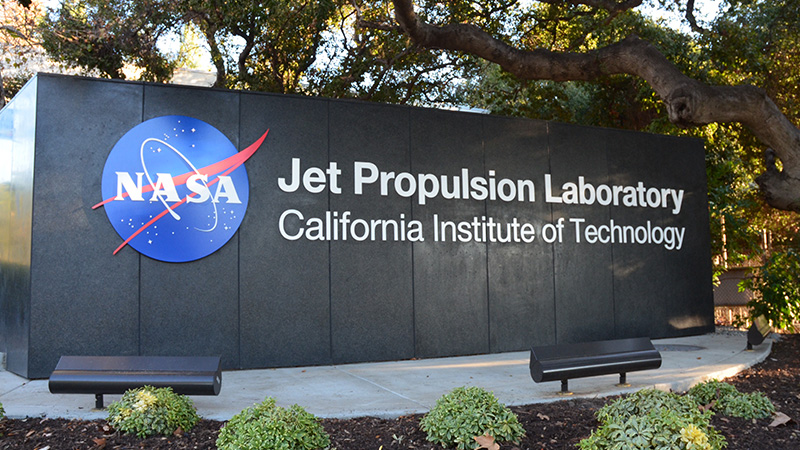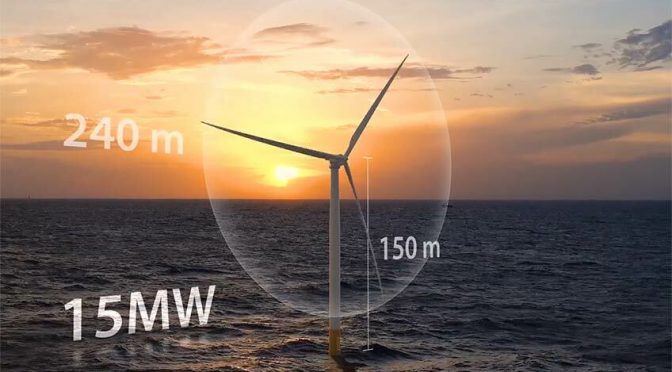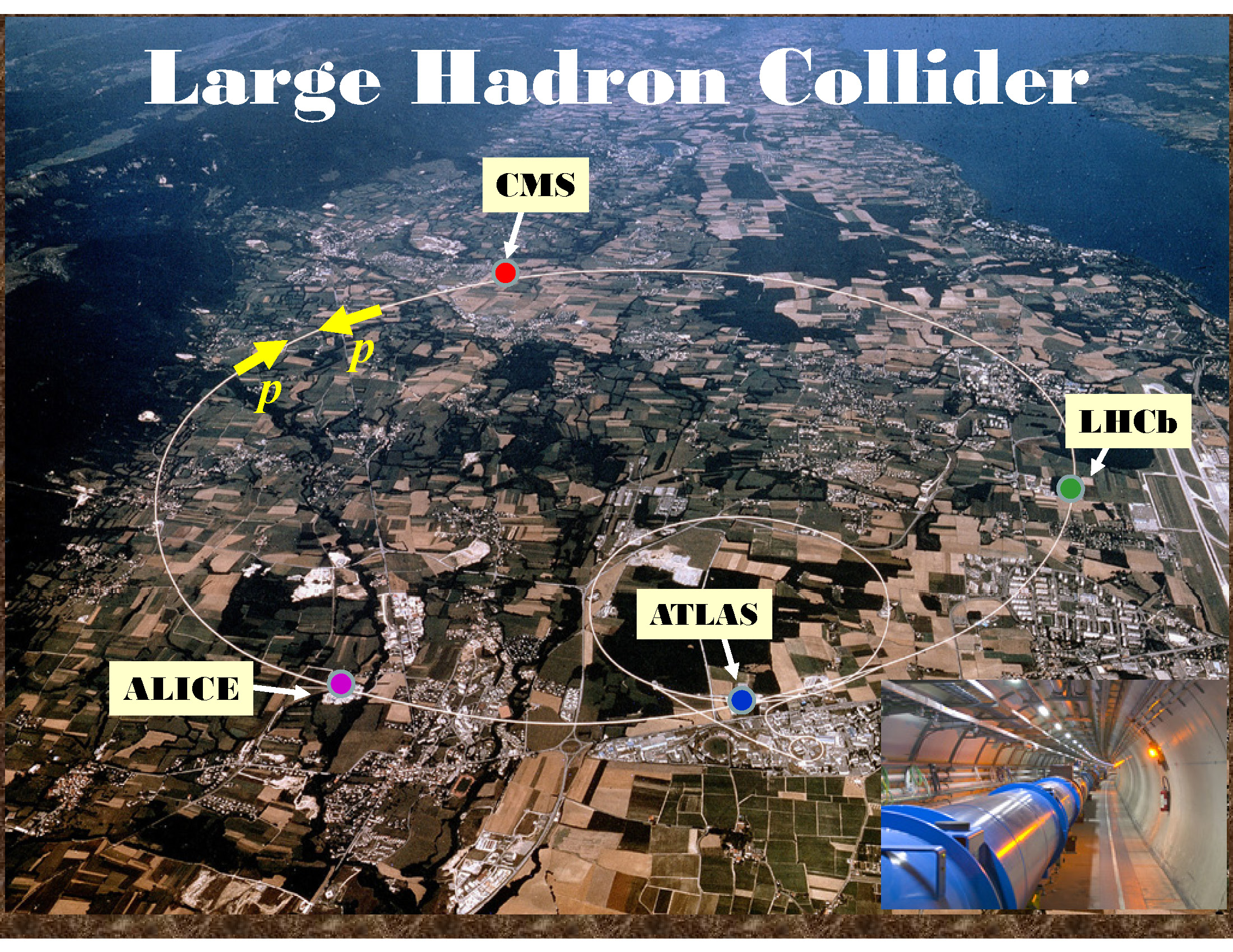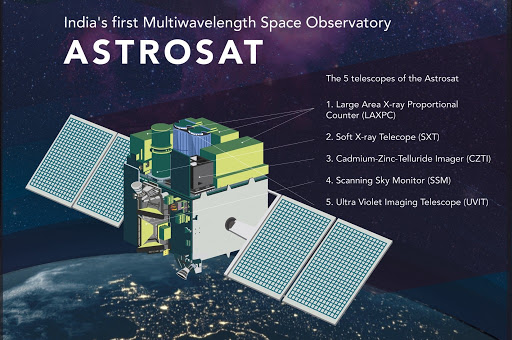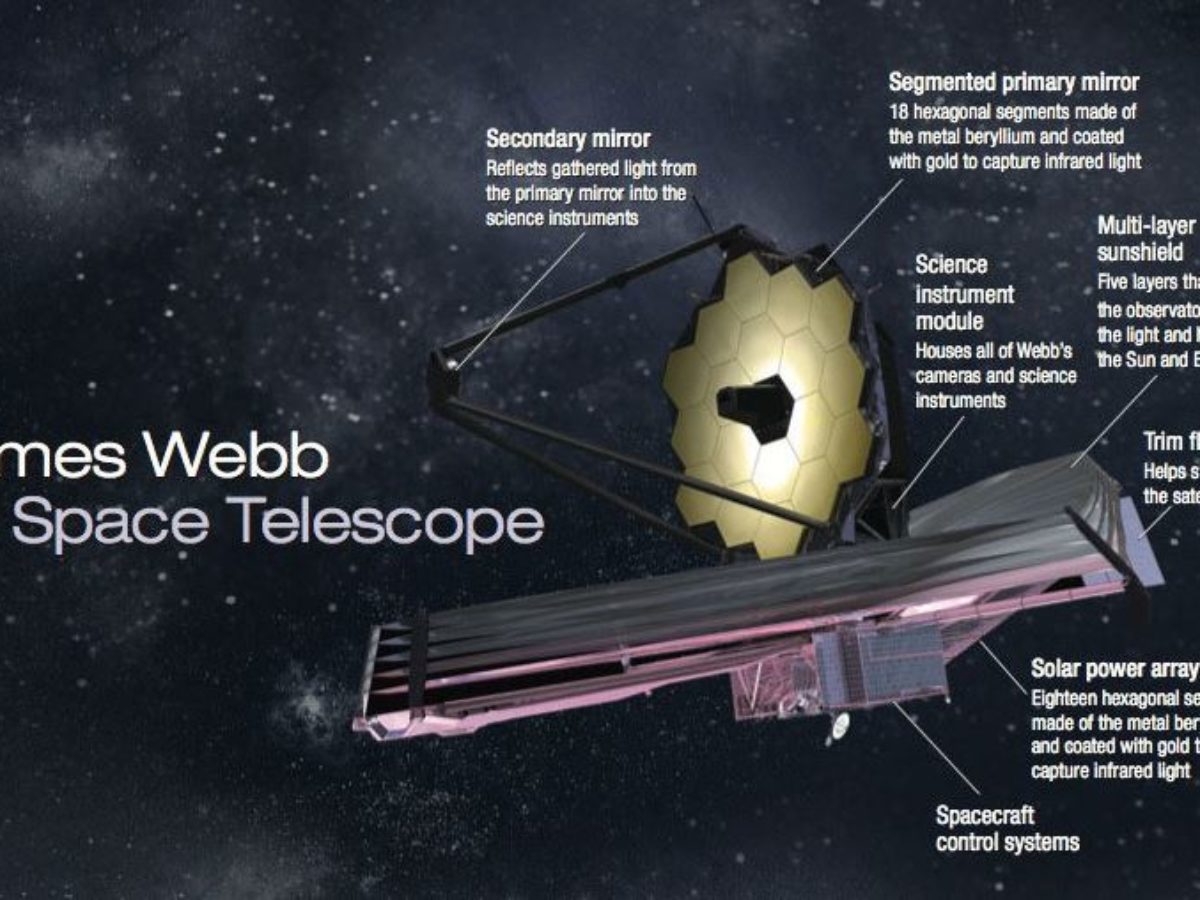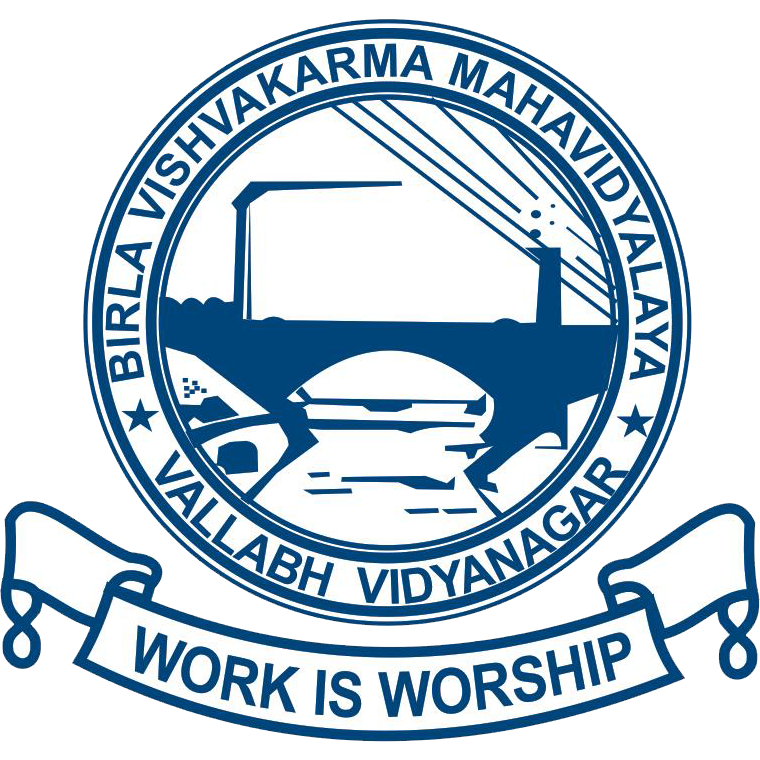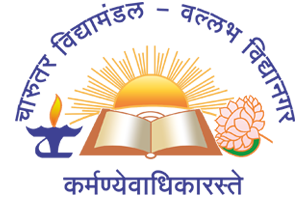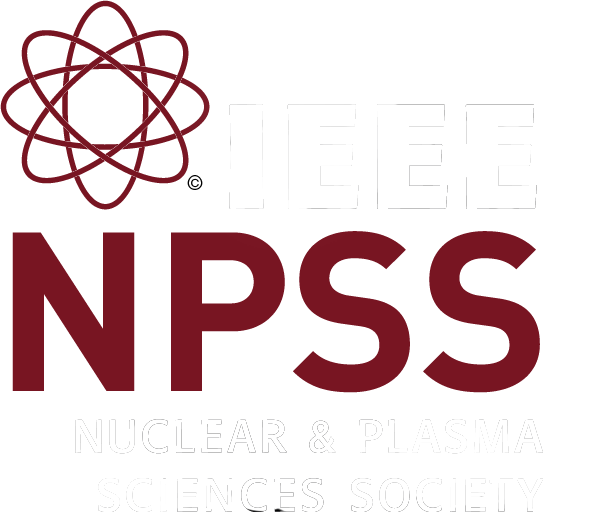Institutions and Labs
Listen to the Experts of the VVMP'20
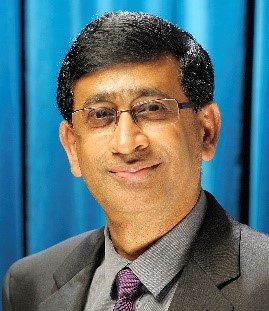
Dr. Goutam Chattopadhyay
Senior Scientist, NASA - JPL IEEE Fellow/ General Chair, IEEE International Microwave and RF Conference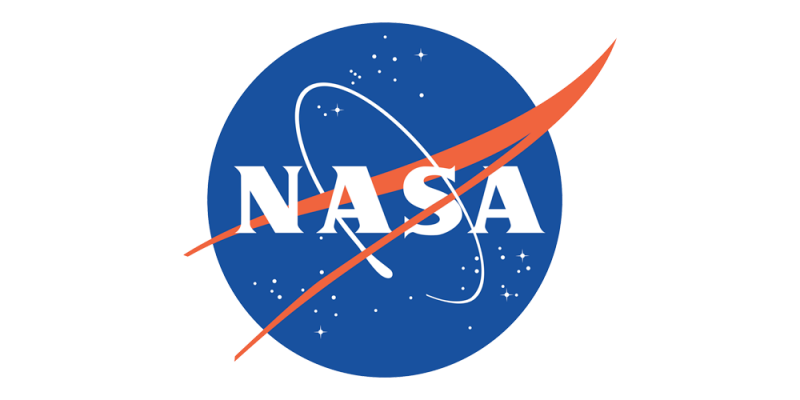
Session Title: Terahertz Radar Technology
● Dr. Goutam Chattopadhyay is a Senior Scientist at the NASA’s Jet Propulsion Laboratory, California Institute of Technology, a Visiting Professor at the Division of Physics, Mathematics, and Astronomy at the California Institute of Technology, Pasadena, USA, a BEL Distinguished Visiting Chair Professor at the Indian Institute of Science, Bangalore, India, and an Adjunct Professor at the Indian Institute of Technology, Kharagpur, India.
● He received the Ph.D. degree in electrical engineering from the California Institute of Technology (Caltech), Pasadena, in 2000. He is a Fellow of IEEE (USA) and IETE (India) and an IEEE Distinguished Lecturer.
5th September 2020
9:30 AM IST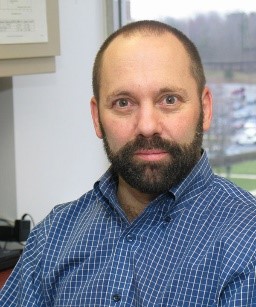
Dr. Matthew Greenhouse
Astrophysicist at NASA Goddard Space Flight Centre
Session Title: James Webb Space Telescope
● Dr. Matthew Greenhouse served on the James Webb Space Telescope senior staff since 1997. He was responsible for the science instrument payload on the JWST which was delivered during 2016. He is Principal Investigator of the Next generation Micro-Shutter technology development.
● Dr. Matthew Greenhouse has Specialties in the Development of space flight infrared science instrumentation and related technologies; project science; technical management.
● He received the Ph.D. degree in Astrophysics from the University of Wyoming in the year 1989.
6th September 2020
8:00 PM IST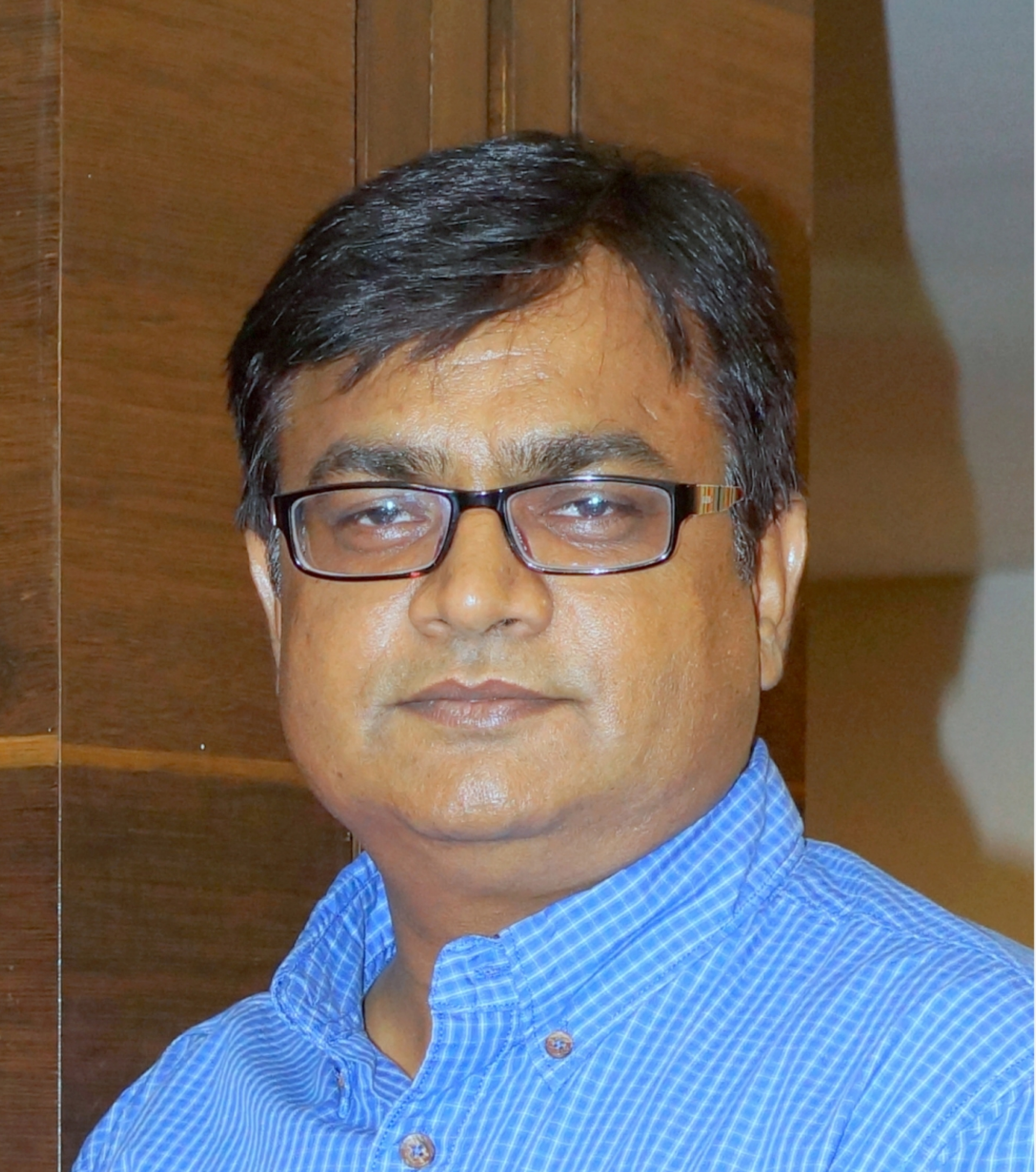
Dr. Arvind K. Singh
Senior Scientist, ISRO, Ahmedabad, India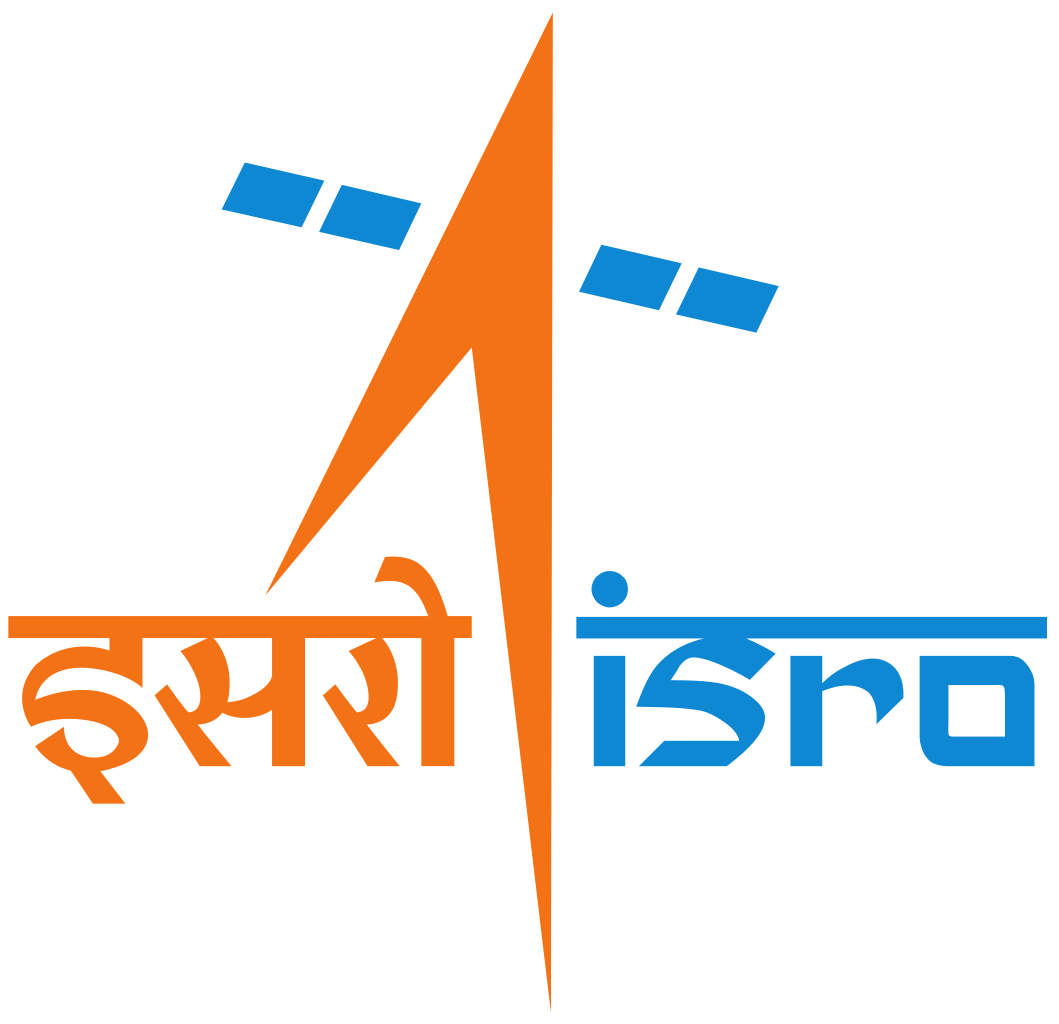
Session Title: Astrosat- India's first mission on Space
● Dr. Arvind K. Singh is a Senior Scientist at the ISRO, Ahmedabad division.
● He joined Space Applications Centre (ISRO), Ahmedabad in January 2001 after completing his M.Sc. and Ph.D. from Roorkee University (now IIT Roorkee) in Physics and Earth Sciences respectively.
● His working field is Signal and Image Processing towards satellite data processing, including various categories of satellites like Earth observation, Planetary and Astronomical.
6th September 2020
11:30 AM IST
Dr. Steven Goldfarb
Researcher at ATLAS Experiment, CERN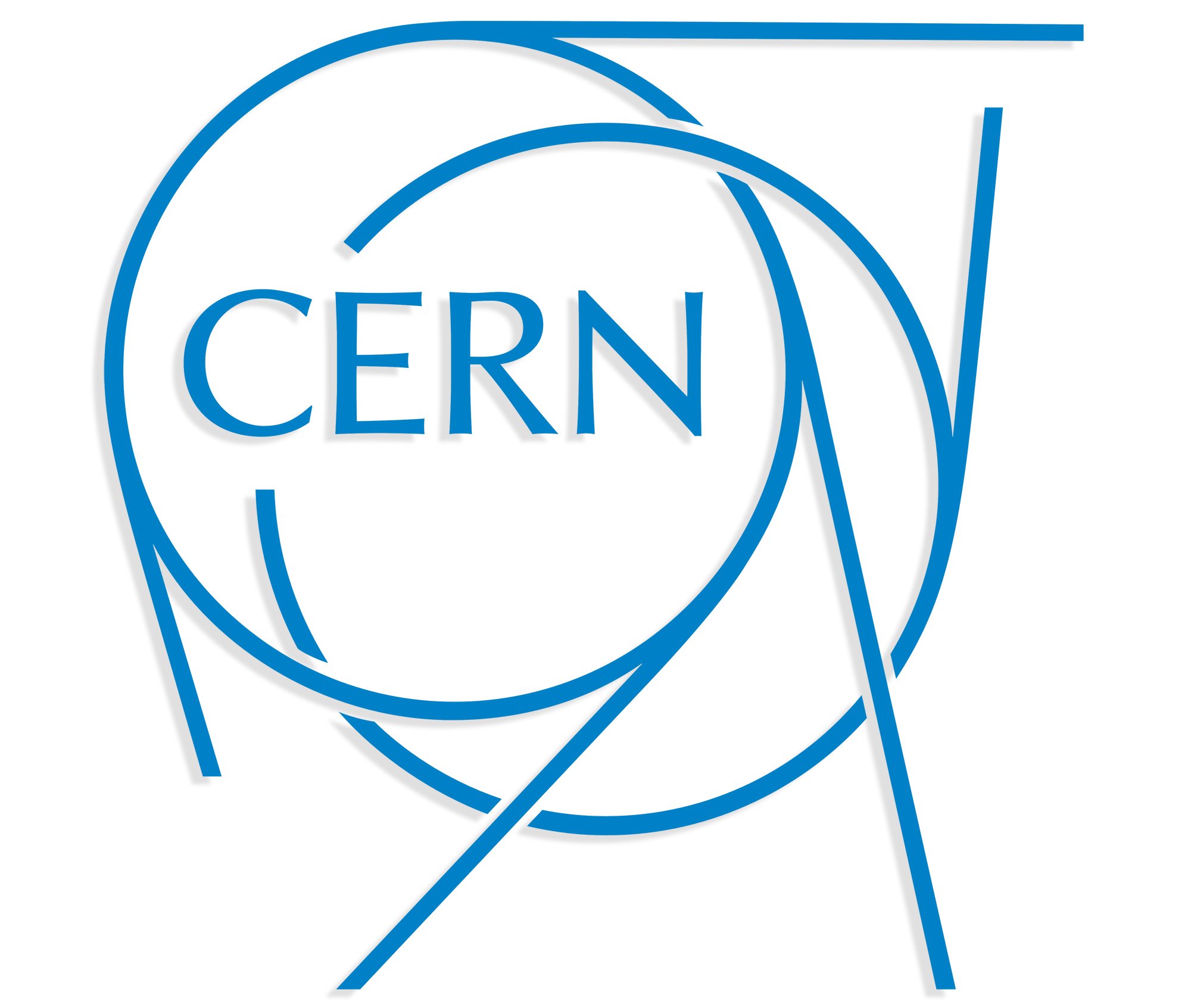
Session Title: Virtual visit to ATLAS Experiments at LHC
● Dr Steven Goldfarb is a particle physicist from the University of Melbourne working on the ATLAS Experiment on the Large Hadron Collider (LHC) at CERN, the European Laboratory for Particle Physics.
● He also co-chairs the International Particle Physics Outreach Group (IPPOG), a collaboration of researchers and communication experts committed to improving and sharing best practices for educating the public of the goals and achievements of particle physics.
7th September 2020
5:30 PM IST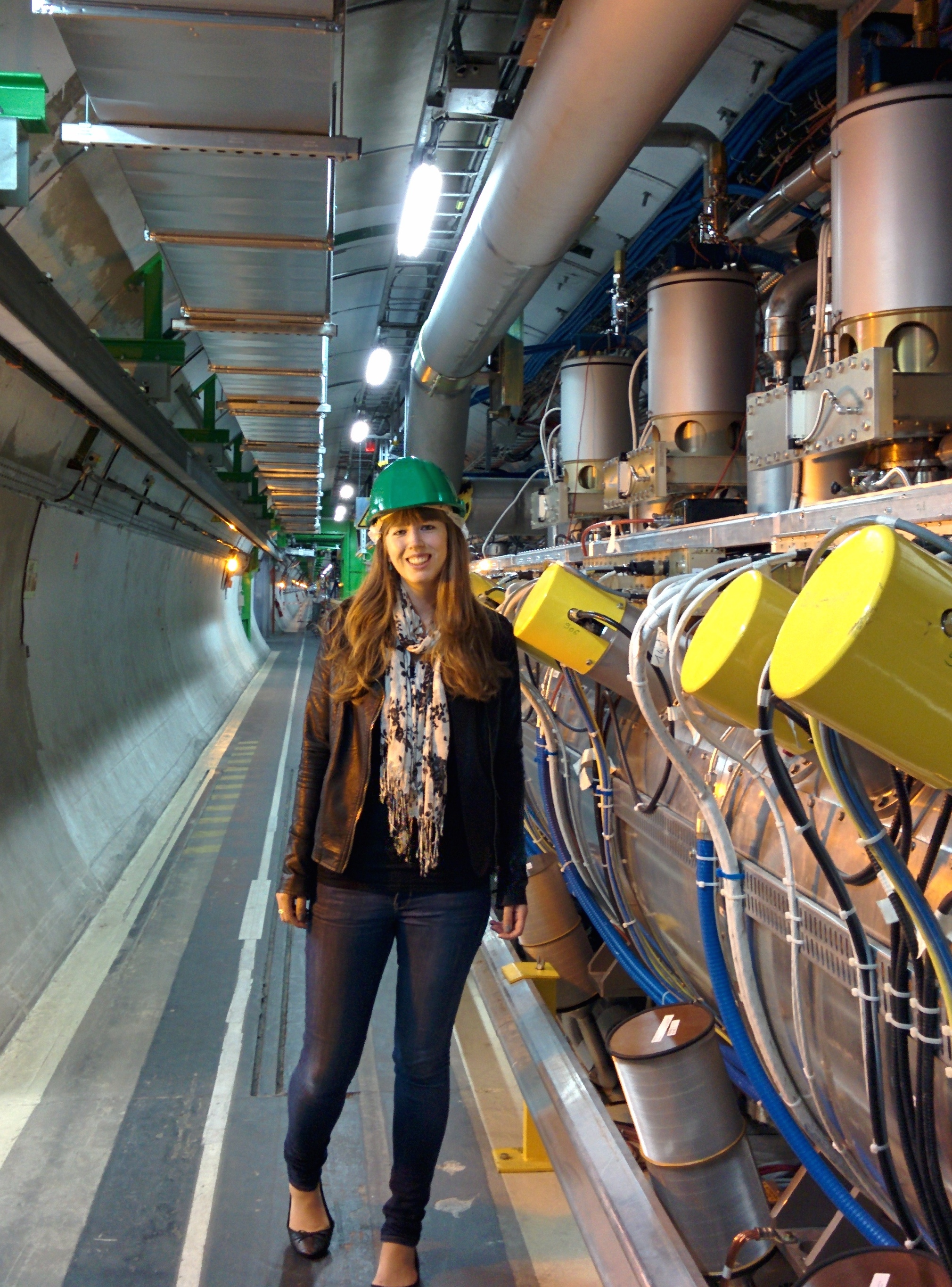
Dr. Clara Nellist
Excellence Initiative Fellow at Radboud University in Nijmegen, and a science communicator
Session Title: Virtual visit to ATLAS Experiments at LHC
● Dr. Clara Nellist is an Excellence Initiative Fellow at Radboud University in Nijmegen, and a science communicator.
● Her research is with the ATLAS Experiment at CERN, with a focus on the analysis of top quarks coupling to massive bosons.
● She has also worked on novel pixel detectors for the upgrade of the inner layers of the detector, and on the analysis of the Higgs boson when it changes into two tau particles.
7th September 2020
5:30 PM IST
Ms. Cathy Suo
Head of Division (Wind Energy System) at DTU Wind Energy (Technical University of Denmark)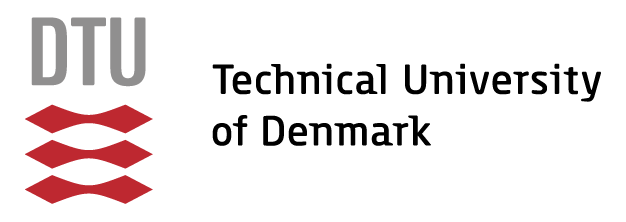
Session Title: Wind Energy System at DTU
● Ms. Cathy Suo is currently working as Head of Division (Wind Energy System) at DTU Wind Energy.
● She has done MBA from INSEAD, having 20 years of experience in Corporate strategy, Business Development, Procurement and Project management in Energy section and various other leading roles.
● She has an educational background in Software Engineering and Power Engineering.
● She has worked in multiple locations including China, France, Singapore, UK, Denmark.
12th September 2020
1:00 PM IST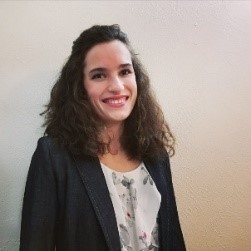
Dr. Ligia Diana Amorim
PhD. Postdoctoral Scholar at Lawrence Berkeley Lab, California, USA
Session Title: Plasma based Technology for Future Particle Colliders
● Dr. Ligia Diana Amorim has been working as Postdoctoral Researcher at Berkeley Lab, California, USA since 2019. She is developing the open source C++ Exascale Computing Project WarpX open-source code for high performance and portability in CPUs and GPUs.
● She has also worked in Modeling future multi-plasma acceleration stages and current laser plasma Wakefield acceleration and radiation sources configurations explored at the Berkeley Lab Laser Accelerator experimental facility.
● She has completed her PhD from instituto superior in physics engineering in 2017. During her PhD research she has worked in extremely high energy particle beam and laser plasma based Wakefield accelerator physics.
13th September 2020
9:30 AM ISTBe on Time..!! Schedule of the VVMP'20
 9:30 AM IST onwards
9:30 AM IST onwards
Dr. Goutam Chattopadhyay
Terahertz Radar Technology
 8:00 PM IST onwards
8:00 PM IST onwards
Dr. Matthew Greenhouse
James Webb Space Telescope
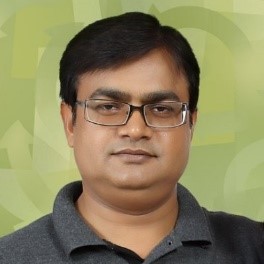 11:30 AM IST onwards
11:30 AM IST onwards
Dr. Arvind K. Singh
Astrosat- India's first mission on Space
 5:30 PM IST onwards
5:30 PM IST onwards
Dr. Steven Goldfarb
Virtual visit to ATLAS Experiments at LHC
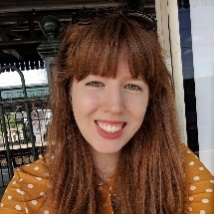 5:30 PM IST onwards
5:30 PM IST onwards
Dr. Clara Nellist
Virtual visit to ATLAS Experiments at LHC
 1:00 PM IST onwards
1:00 PM IST onwards
Ms. Cathy Suo
Wind Energy System at DTU
 9:30 AM IST onwards
9:30 AM IST onwards
Dr. Ligia Diana Amorim
Plasma based Technology for Future Particle Colliders
Pricing Plans Get your Ticket

IEEE Members
Rs.20
Registrations are Closed..!!


Non-IEEE Members
Rs.40
Registrations are Closed..!!


Faculties & professionals
Rs.50
Registrations are Closed..!!

Sprinkels on
Virtual Visit On
Modern Physics
IEEE BVM SB is organizing its next flagship event under the ‘IEEE NPSS - Nuclear & Plasma Sciences Society’ called ‘Virtual Visit on Modern Physics 2020’. The event’s theme is on delivering practical experience and knowledge to enrich the students and academic professionals alike with topics based on Modern Physics like Nuclear & Plasma Sciences, Space Technologies, & Renewable Energy, etc.
In this unprecedented time of the pandemic, all students and professionals who participate can go beyond physical boundaries with the modern-day technology to learn from the experts around the world. So, in order to impart something different and interesting we are organizing these Virtual Visit sessions.
Registrations are Closed..!!
About BVM
Birla Vishvakarma Mahavidyalaya Engineering College, an Autonomous Institute managed by Charutar Vidya Mandal was established in 1948 from donations made by the Birla Education Trust on the behest of Sardar Vallabhbhai Patel, the first Home Minister of independent India. The college was inaugurated by Lord Mountbatten, the Governor General of India on 14 June 1948, and rose to prominence under the stewardship of Prof. Junnarkar and Prof. K.M. Dholakia. It was one of the few colleges in India that adopted the progressive credit system of relative grading in India. The college has awarded degrees to over 20,000 graduates.
About CVM
The first fifty years of CVM coincided more or less with the second half of the twentieth century. Judged by any yardstick, these first fifty years of CVM have been immensely successful. The vision, dedication and commitment of the founders of CVM and its subsequent leaders can be seen clearly today in the results of their tireless efforts. Vallabh Vidyanagar is today an impressive and thriving educational campus in the heart of Charutar, which is itself heartland of Gujarat. Naturally CVM must also make future plans which enable it to generate successful responses to some of the challenges which the society is going to face.
About IEEE BVM SB
IEEE BVM SB was established on 29th August 2016. The main motto of the Student Branch is to connect engineers from various departments of the institute to come together, identify problem statements and act accordingly to improvise and promote Technical Activities which can, in turn, be formed for "Advancing Technology for Humanity". It aims to give students the cutting-edge skills, confidence, and intellect with which they can easily face the competitive world and contribute to human welfare by organizing competitions, workshops, expert talks, seminars, and symposiums on different technical topics.
About NPSS BVM
Nuclear and Plasma Science Society was originated in 2018 at IEEE BVM SB as the Professional Group on Nuclear Science within the IRE. The IEEE Nuclear and Plasma Sciences Society (NPSS) covers the fields of Fusion Technology, Nuclear Medical and Imaging Sciences, Particle Accelerator Science and Technology, Pulsed Power Systems, Radiation Effects, Radiation Instrumentation, Plasma Sciences and Applications, Standards for Nuclear Instruments and Detectors, and Computer Applications in Nuclear and Plasma Sciences.
Reach us Contact Us....
Rudrax Dave
Organizing Lead, VVMP'20
Chair, NPSS Chapter, IEEE BVM SB
Contact:+91-9724051664
Galav Bhatt
Organizing Co-Lead
VVMP'20
Contact:+91-8849508186
Gaurav Barve
Organizing Co-Lead
VVMP'20
Contact:+91-7698371157
Dhruv Pokar
Organizing Co-Lead
VVMP'20
Contact:+91-8128111696

